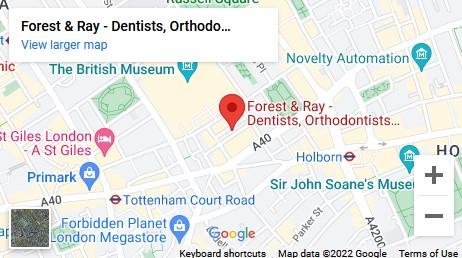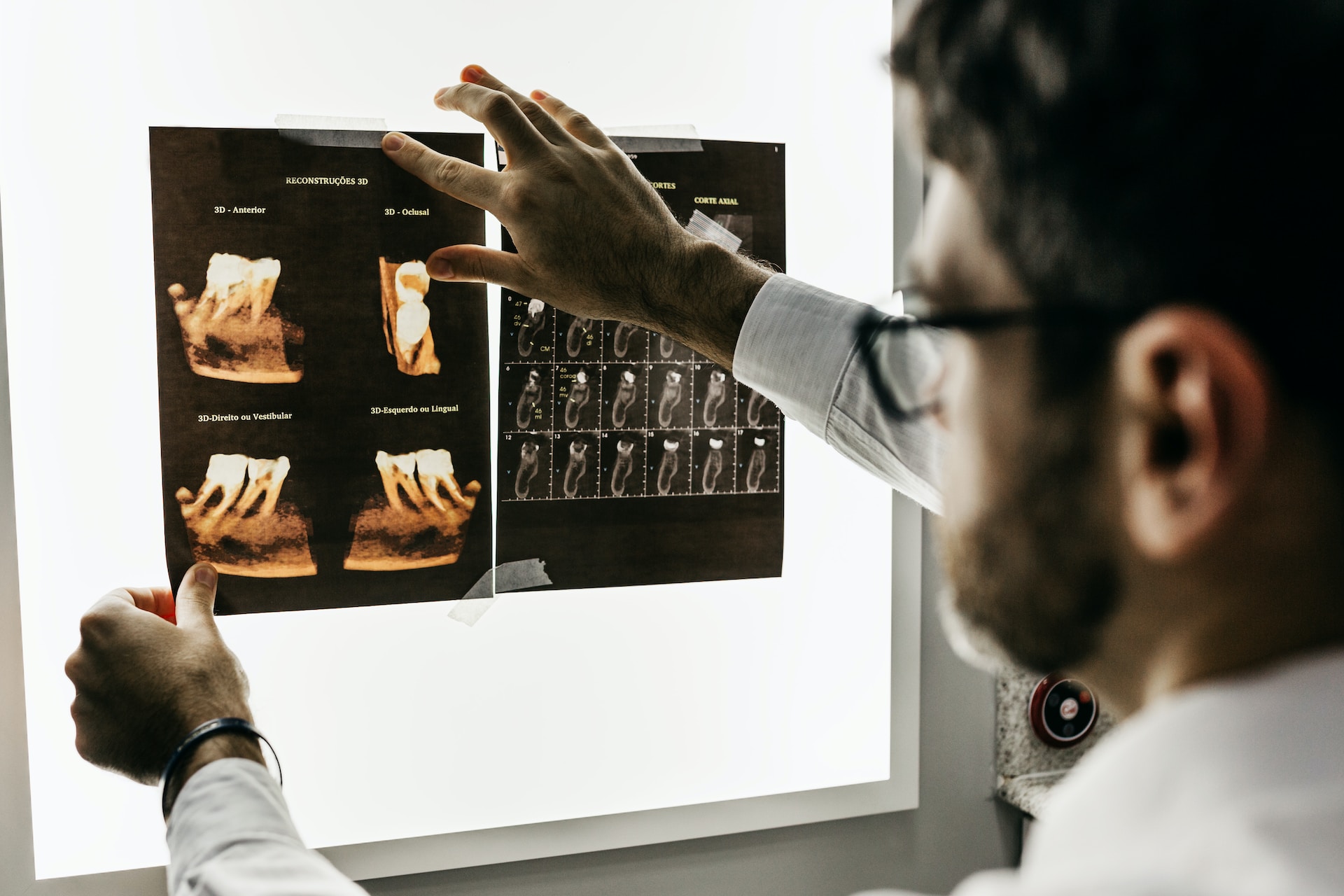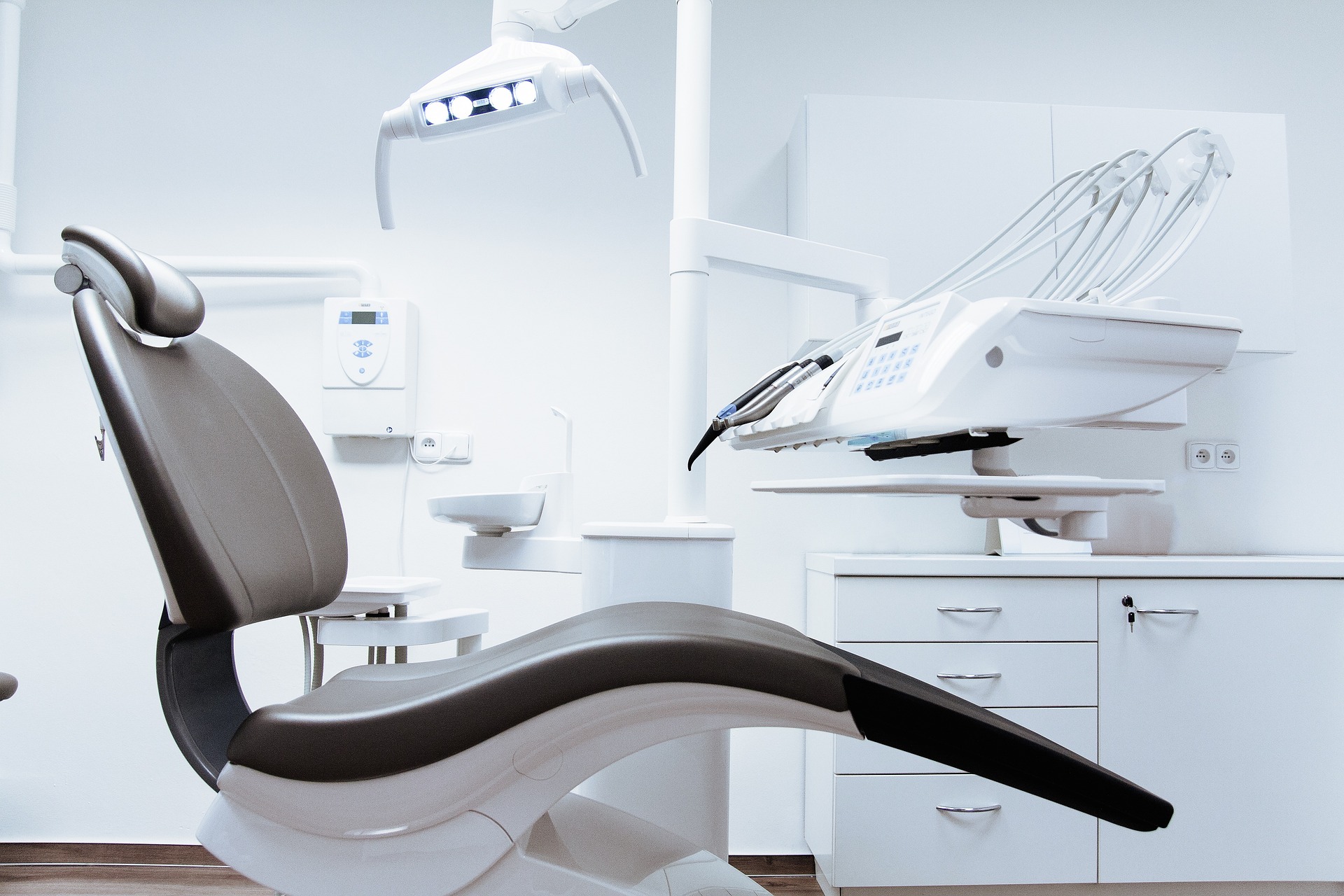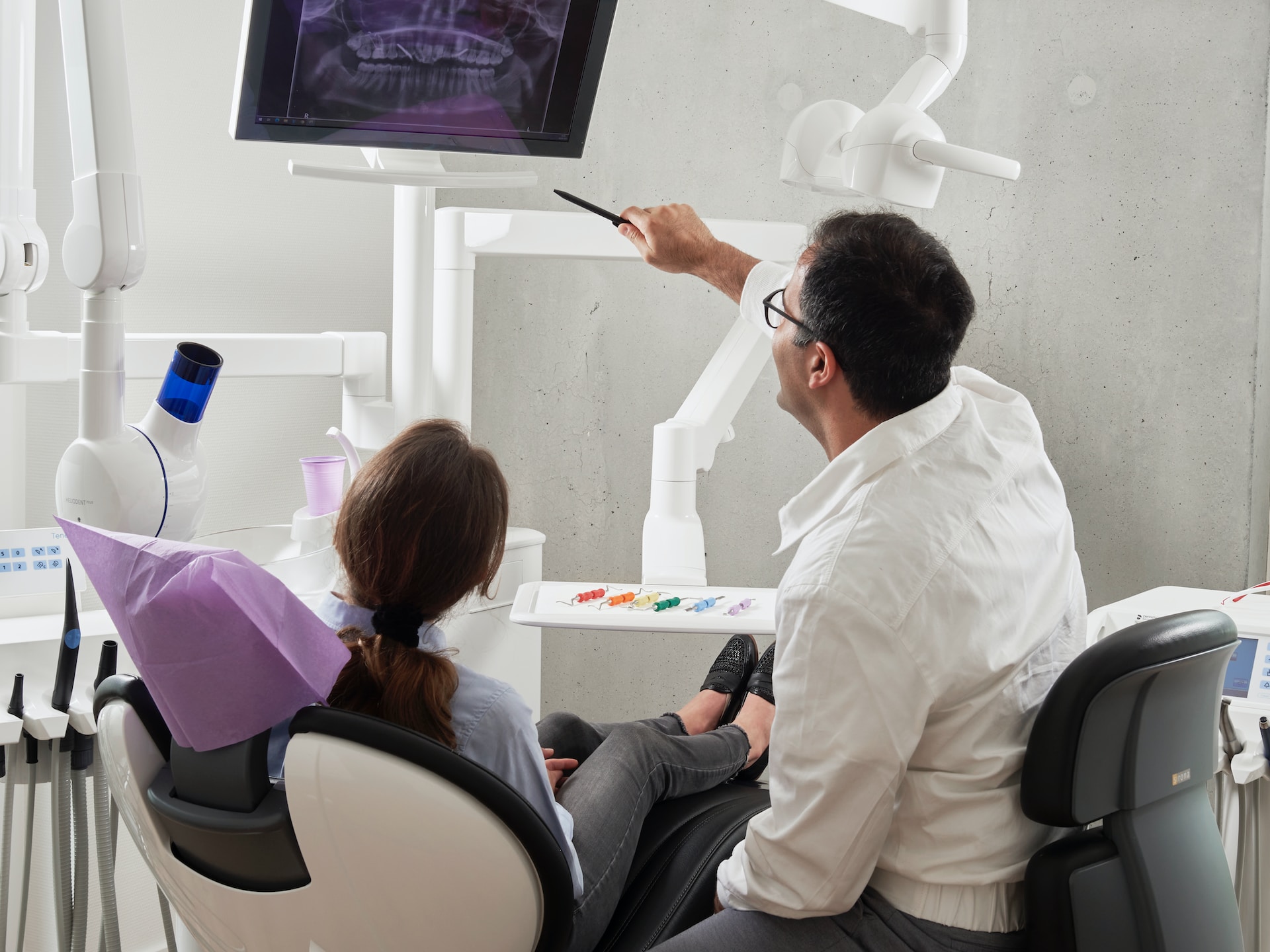Private dental care spans numerous services specifically designed to preserve and improve dental health. This includes general dental care, which focuses on routine dental examinations, oral health consultations, cleanings and preventive measures to fight against common cavities or gum diseases. The goal is to ensure the health of your mouth and avoid complicated dental issues that could be caused by neglect or ignorance.

Private dental services go beyond general dentistry and includes aesthetics via cosmetic dentistry. Cosmetic dentistry is focused on improving the look of the teeth and smile overall. From veneers and teeth whitening to gum contouring and composite bonding every procedure is customized to suit the individual's needs and preferences. Additionally, tooth replacement options including implants and bridges, together with orthodontics, such as braces and retainers, are essential in reshaping teeth, correcting bite problems and re-placing missing teeth adding to the appearance and efficacy of the teeth. Private dentist London is right next to the British Museum.
Understanding the different specialties of dentistry
While dentistry is concerned with maintaining good oral health it also has numerous specialties. Each type of dentistry is focused on a distinct aspect of dental care. General dentistry is usually an entry point to other dental services. It offers routine procedures like cleaning, fillings and simple extractions. General dentists can perform a vast array of responsibilities, which includes diagnostics and consultations.
There are a variety of areas of expertise in private dental care. Cosmetic dentistry is a specialty that concentrates on the aesthetics of the mouth and teeth. They offer services like teeth whitening, veneers and bonding. Orthodontics is a further area of expertise that focuses on correcting problems with the jaws and teeth that are not aligned, usually through the use of clear aligners or braces. The final aspect of dental care is tooth replacement, which includes bridges, implant, and dentures. These procedures are typically classified under the Prosthodontics category. While each specialty is distinct, they all work together to create a comprehensive dental approach.
Understanding the Factors You Should Be aware of prior to deciding on a Dentist
Deciding on a suitable dentist can be a daunting endeavour considering the many dental specialties, each crafted to meet a specific need. It is vital to comprehend these specialities to make an informed choice in particular when evaluating private providers of premium services. General dentistry, often the focal point of dental treatment, addresses regular dental issues and preventative measures, which aim to maintain oral health overall. It encompasses services that range from routine dental cleaning and check-ups to gum health and fillings.
Furthermore, private dental centers often offer specialty services, such as orthodontics and cosmetic dentistry. Cosmetic dentistry focuses on to enhancing the aesthetics of your smile. It encompasses treatments such as whitening, veneers and bonding. Orthodontics tends to align and straighten teeth using aligners and braces, catering to both aesthetic and health benefits. Additionally, tooth replacement services are an integral part of dental care for private patients that offer solutions such as dentures, bridges, and implants to replace missing or damaged teeth. Understanding your requirements will help you choose the right dentist who is knowledgeable in the area of dental care you need in order to ensure that you receive high-quality personalized care.
Explore online resources to find London Private Dentists
In the age of digital technology, online sources have revolutionized the way people look for private dental services. They can help new patients find a wide range of highly qualified private London dentists that provide a variety of services. With just a few clicks there is a wide range of options for general dentistry, focusing on preventative care or more intricate procedures such as cosmetic dentistry including teeth whitening, dental implants or veneers.
Additionally, utilizing these online platforms can help with the usual and cosmetic dental requirements. It opens avenues for specialist care such as orthodontics which remedies malocclusions and misalignments using braces or clear aligners. These tools not only provide a list potential dental professionals as well as ratings and reviews. Online resources have become integral in closing the gap between dental care providers and patients who require their services.



